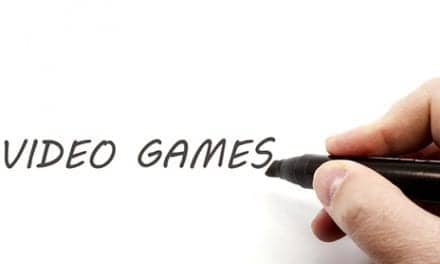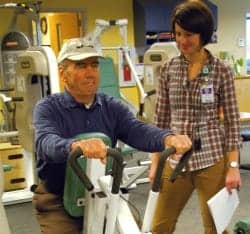MindMaze has launched Izar, a smart handheld device for treating and analyzing hand dexterity and strength.
MindMaze, a developer of AI-driven digital neurotherapeutics, announced the US and EU launch of Izar, an FDA-listed and CE-marked smart peripheral for patients with impaired hand motor function.
Izar is designed to fill a critical gap in neurological care today and aims to be the most effective hand dexterity and strength treatment in a wide range of neurological conditions.
Izar is part of a comprehensive approach to treating and maintaining neurological diseases, including Stroke, Parkinson’s disease, Alzheimer’s disease, and Traumatic Brain Injury (TBI).
Impaired hand function is one of the most common disabilities after stroke, with paralysis of the hand and upper limb occurring in up to 87% of all stroke survivors. Patients rate hand recovery as one of the most important factors associated with their improved quality of life and independence, according to MindMaze.
However, hands remain incredibly challenging to treat under the current standard of care, given the inherent time, resources, and technology limitations. Izar allows clinics to address the underserved need for hand recovery through new in-clinic or remotely supervised self-training programs at home, increasing the dose and quality of training.
Izar is a hyper-sensitive controller built from the ground up to train and assess dexterity and strength by capturing the fine grasp forces and wrist movements required for daily living.
Izar can detect sub-newton level patient finger and hand forces, enabling treatment in the most impaired patient populations. The portable controller is accompanied by gaming content that allows patients to self-train, either in-clinic, at the bedside, or at home, enhancing and expanding training opportunities.
“It is very exciting to have a device for the hand that has the versatility of Izar. It can serve as a controller during reach-to-grasp movements, as a trainer of grip force gradation, and as an assessor of dexterity,” said Professor John Krakauer, MD, PhD, MindMaze’s chief medical director. “The device is also highly portable, so it can be used across the continuum of care, which is important as the upper limb, and the hand in particular gets relatively neglected in neurorehabilitation.”
Izar was subjected to rigorous pre-launch testing across 9 sites and delivered over 250 hours of active supervised and self-training therapy time in 250 patients, receiving positive feedback.
Izar is available in the US and several European countries with content that enables training of dexterous grasp, pinch, and grip. Future software content will unlock training content for the wrist, bilateral movements, and combination movements of the upper limb and hand, as well as dexterity assessments for the hand and wrist.
Photo courtesy of MindMaze





